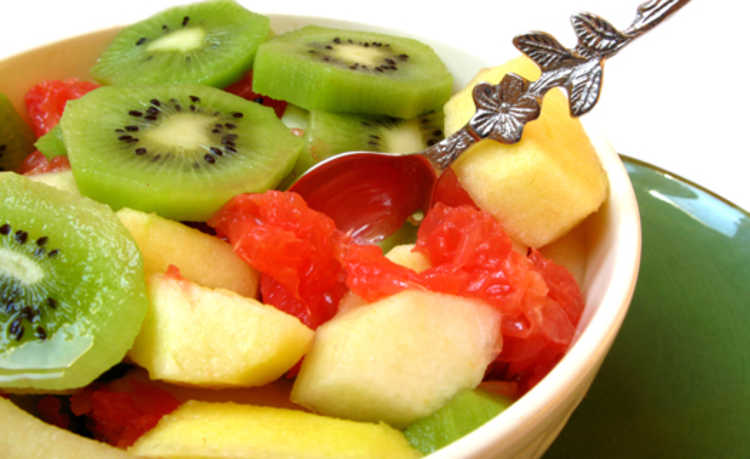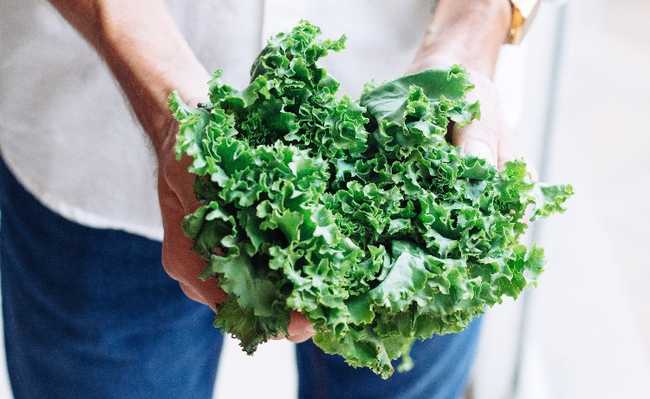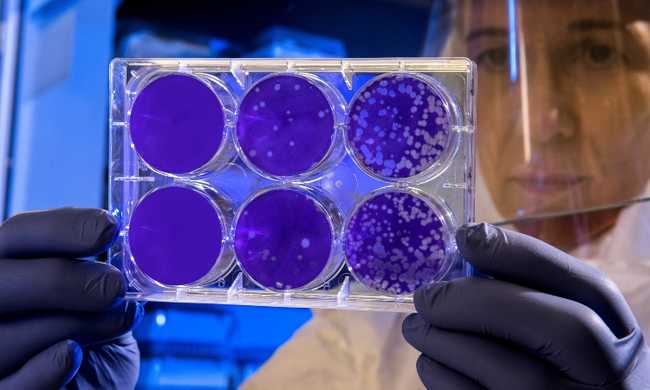With intelligent and removable greenhouses, the company promises to revolutionize urban plantations
Discover the greenhouse that allows planting in cities with different technology and occupying little space

In cities all over the world, big or small, there is a lot of space that could be better used. In addition to the housing shortage and real estate speculation, some areas that are normally underexplored could have some additional value, such as the roofs of buildings and abandoned warehouses. So imagine if it were possible to build a small farm with greenhouses in these places to produce food free of pollution, without pesticides and with lots of nutrients.
"But what if I need the space for something else later"? This is the question that the owner of the site would ask, as the urban configuration is very unstable, new opportunities could arise and it would not be easy to remove all the plantation and investment made. That's where the innovation of the company Cityblooms, from California (USA) appears: producing a mini-farm with lightweight and removable structures.
It can be mounted on empty lots, parking lots and even on the roofs of buildings. What facilitates its efficiency is that the greenhouse can be transported from one place to another without much difficulty.
With land, water and an electrical power connection, smart greenhouses are able to monitor seed growth, moisture level, watering and plant nutrition remotely via tablet. There are ventilation systems, drains, pumps and filters. That is, much of the hard work is done by the automated system.
The technology of the greenhouses also means that the vegetables do not have direct contact with the city's polluted air, preventing them from transferring toxic material to them. Not to mention the fact that there are no pesticides.
Compared to conventional farms, minifarms make better use of water, however they use more energy - but what is normally spent on transporting food and storing it exceeds the energy costs of the minifarm. A greenhouse with 10 units, which occupies about 37 m², is capable of producing around 27 kg of vegetables per week.
The project is currently in the testing phase on a corporate campus in San Francisco Bay. According to the creators, the idea is to try to make vegetables that degrade quickly are produced closer to their audience, which would avoid different types of waste.
It is not yet known whether, as experiments advance, people will be able to buy their own mini-farms or if the Cityblooms will sell a quantity of vegetables per week to whoever buys the service.
To learn more, check out the Cityblooms website and watch the video. Find out how to make your organic garden at home.










